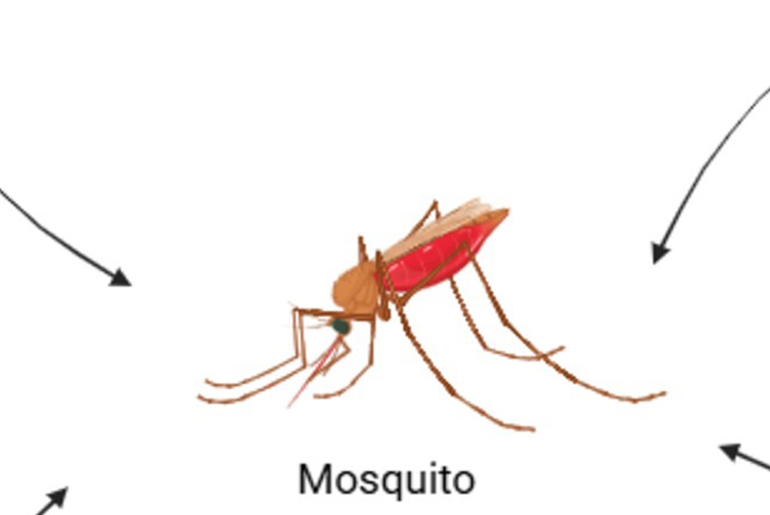The summer season, accompanied by occasional rainfall, creates ideal conditions for the spread of mosquito-borne diseases such as malaria and dengue. Warm temperatures and stagnant water from rain serve as perfect breeding grounds for Anopheles mosquitoes, the primary vectors of malaria. These climatic and environmental factors significantly increase the risk of disease transmission during this period, making it a critical time for preventive measures and public health awareness.
Environmental Conditions Favoring Mosquito Breeding
The summer season and intermittent rainfall create conditions that are conducive to the proliferation of mosquitoes, particularly the Anopheles species—the primary vectors of malaria. Summer rains often result in stagnant water collecting in puddles, discarded containers, and open drains, especially in areas with poor drainage systems. These conditions provide ideal breeding grounds for mosquitoes, substantially increasing their numbers.
Impact of Poor Sanitation and Hygiene
In many low-income communities, inadequate waste management and open sewage due to poor sanitation further contribute to the problem. The accumulation of waste and unsanitary conditions attracts and supports large mosquito populations, heightening the risk of malaria transmission in these regions.
Effects of Summer Heat and Outdoor Activities
High summer temperatures accelerate the life cycle of mosquitoes and the development of the malaria parasite inside them. As a result, mosquitoes become infectious more rapidly and in greater numbers. Additionally, the tendency for people to engage in outdoor activities and wear lighter clothing during hot weather increases their exposure to mosquito bites. This exposure is most pronounced during the early mornings and evenings, which coincide with peak mosquito activity.
Lack of Preventive Measures and Healthcare Challenges
The situation is exacerbated by the limited use of preventive measures such as mosquito nets, repellents, and indoor spraying. This deficiency is particularly evident in economically disadvantaged areas where awareness and access to such measures are low. Compounding the risk further, inadequate health infrastructure in some regions leads to delayed diagnosis and treatment. This delay not only worsens individual outcomes but also allows the disease to spread more freely within the community.
Strategies to Combat Malaria During Summer:
Effective combat against malaria during the summer requires a multifaceted approach. Comprehensive strategies must focus on:
- Prevention: Implementing robust vector control measures and ensuring that communities have access to mosquito nets, repellents, and indoor spraying.
- Public Awareness: Educating the public about the early warning signs of malaria and the importance of sanitation and timely preventive measures.
- Healthcare Access: Improving healthcare infrastructure to ensure quick diagnosis and prompt treatment, thereby reducing the spread of the disease.
Collectively, these measures are critical to mitigating the increased risk of malaria during the summer and protecting public health through both preventive action and timely medical intervention.
Disclaimer:
The information contained in this article is for educational and informational purposes only and is not intended as a health advice. We would ask you to consult a qualified professional or medical expert to gain additional knowledge before you choose to consume any product or perform any exercise.






